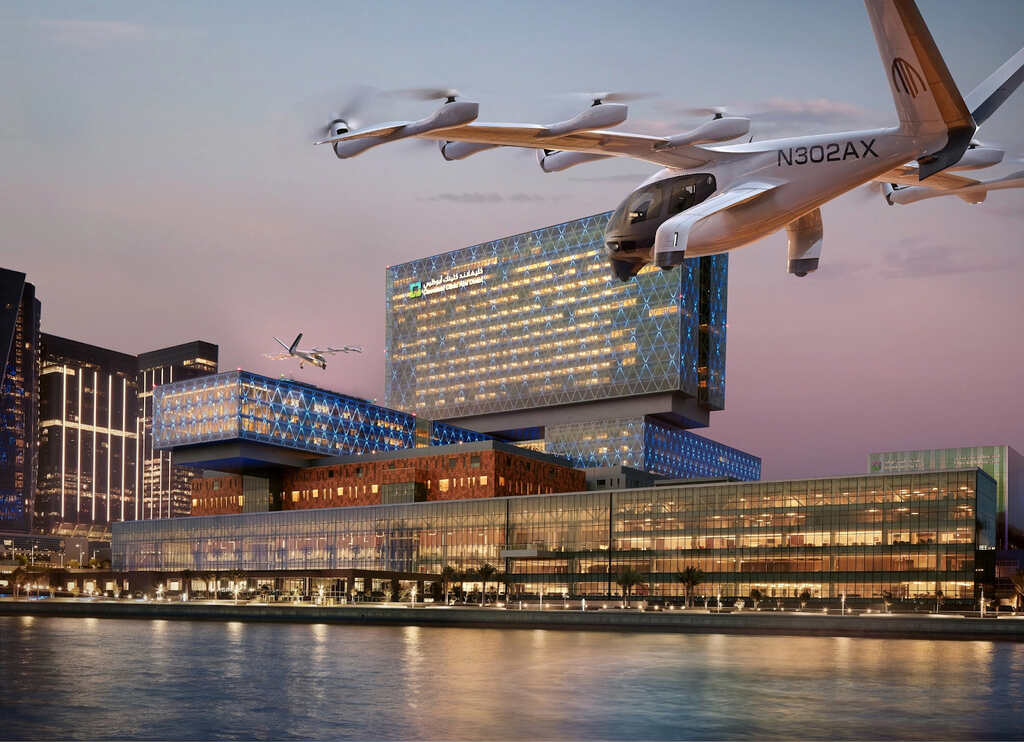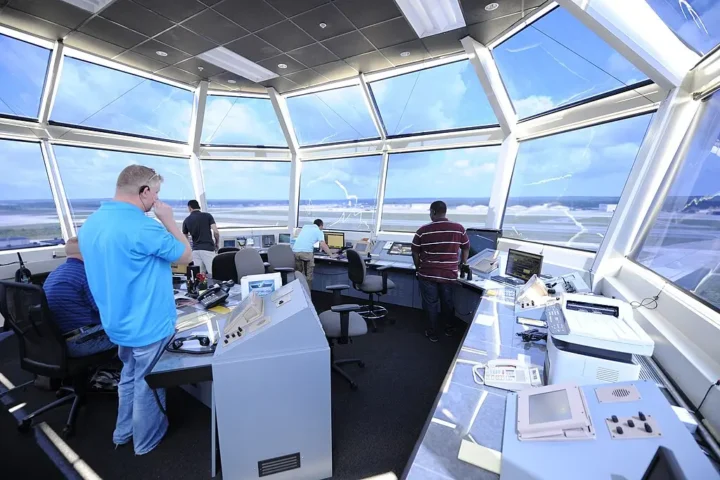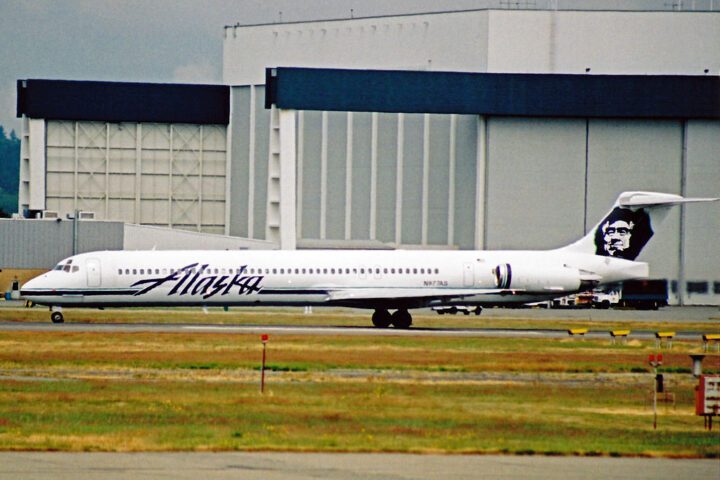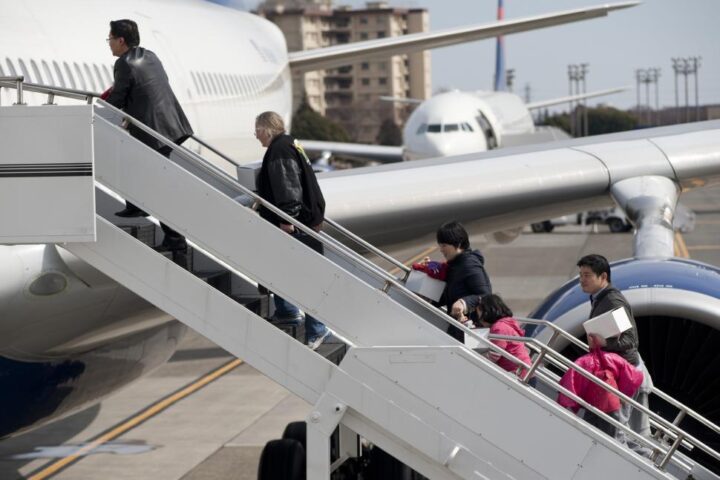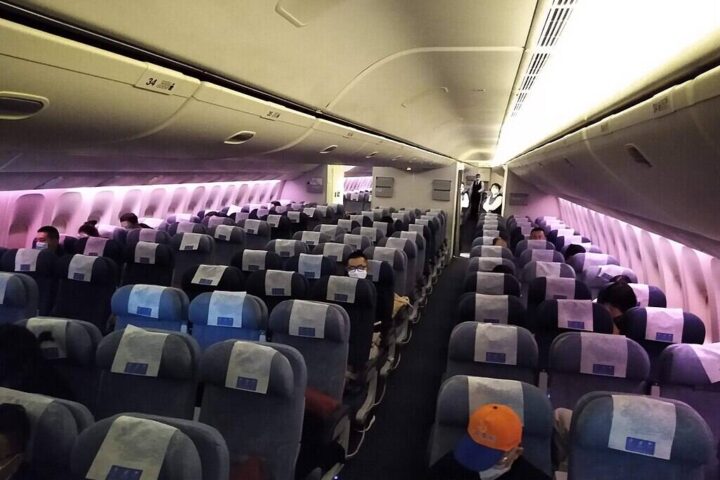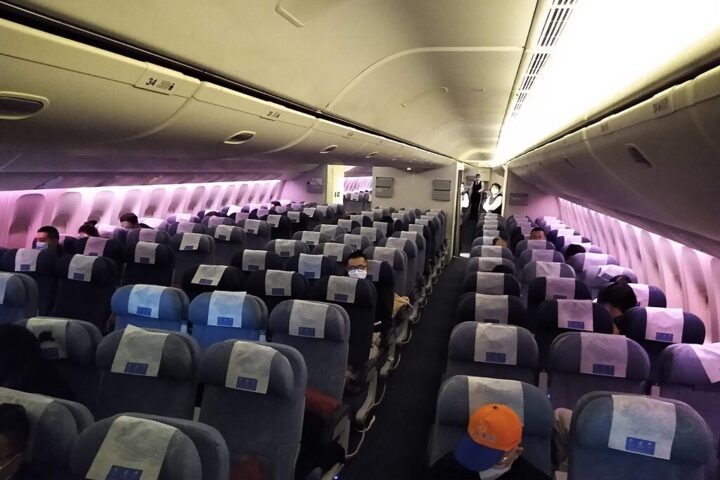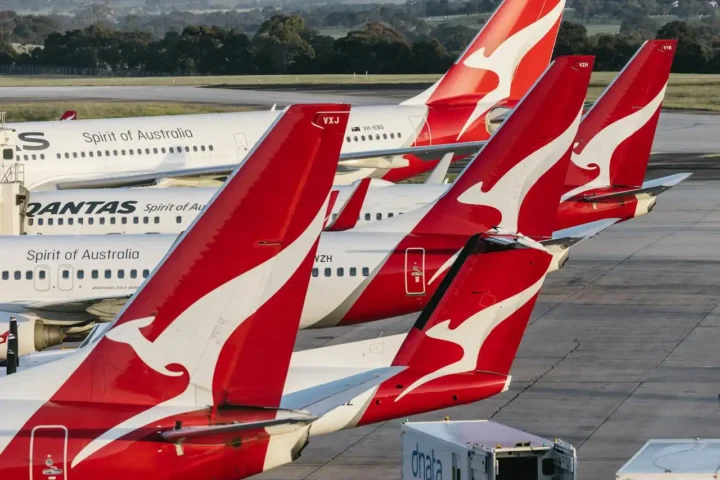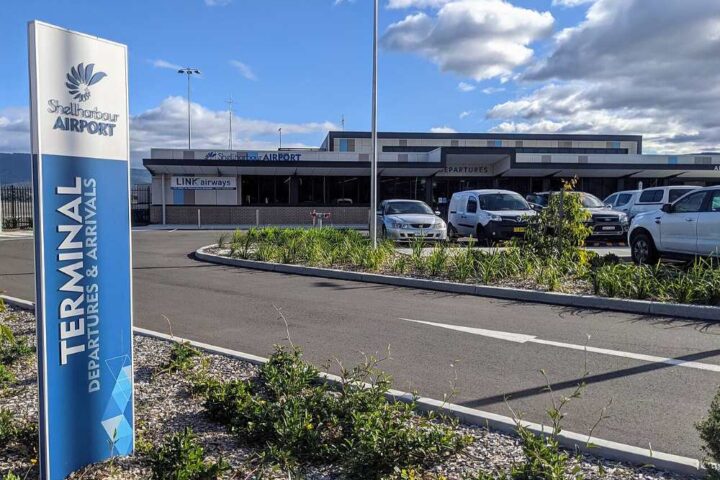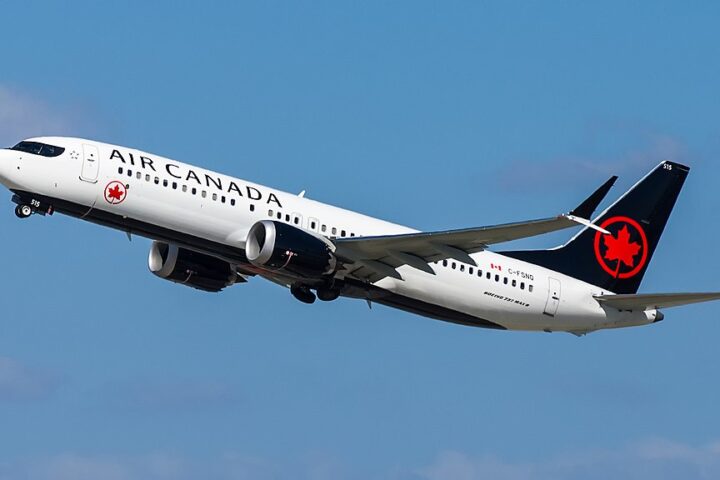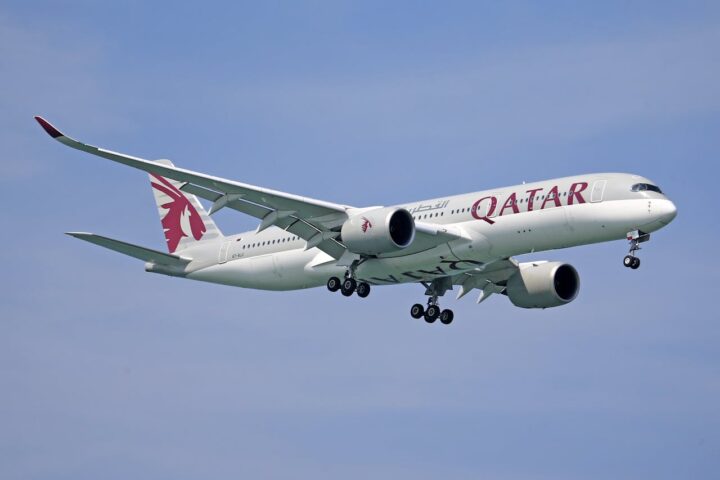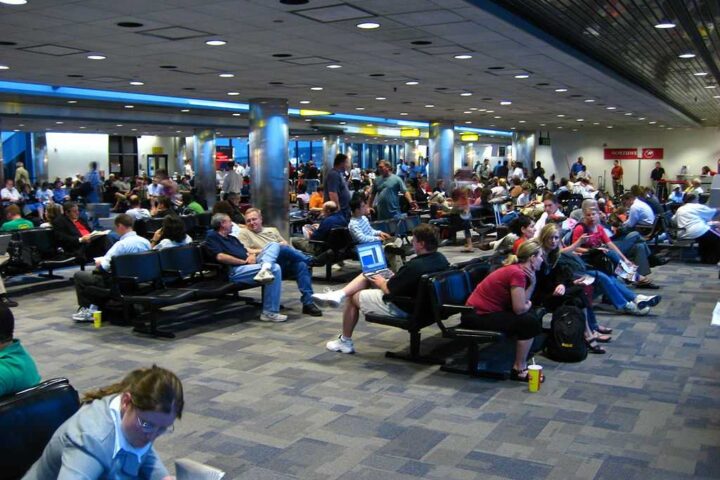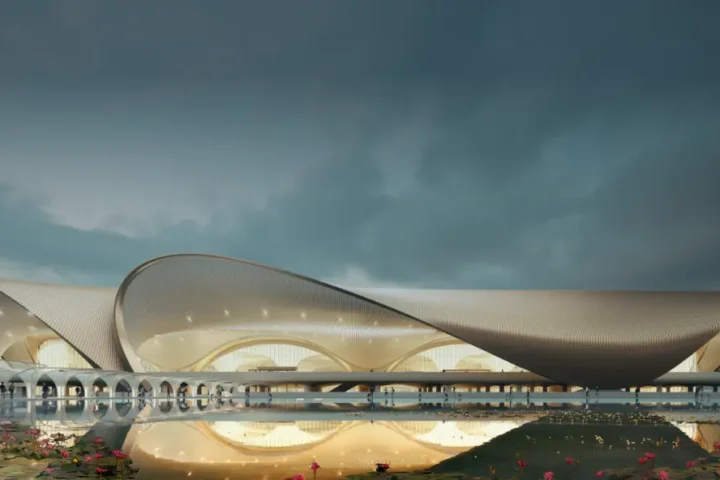Cleveland Clinic Abu Dhabi announced plans on October 8, 2025, to build the United Arab Emirates’ first hospital-based vertiport, allowing electric flying taxis to land directly at the medical facility. This new transport hub aims to dramatically reduce travel times for patients and speed up organ transport.
The hospital is partnering with Archer Aviation to upgrade its existing helipad into a “hybrid vertiport” that can handle both traditional helicopters and newer electric vertical takeoff and landing (eVTOL) aircraft.
“This new mode of emission-free transport aligns with Cleveland Clinic Abu Dhabi’s commitment to sustainability, gives additional options to many patients travelling to our hospital for care, and provides our thriving organ transplant program with fast logistics,” said Dr. Georges-Pascal Haber, CEO of Cleveland Clinic Abu Dhabi.
The project will use Archer’s “Midnight” aircraft, which can carry up to four passengers while producing less noise and fewer emissions than traditional helicopters. These electric air taxis will serve two main purposes: transporting non-emergency patients and quickly moving time-sensitive organ donations.
Similar Posts
For patients, the main benefit will be speed. The flying taxis could turn what might be an hour-long car journey through traffic into just minutes of flight time. For organ transplants, where every minute counts, faster transport could mean better outcomes.
Bryan Bernhard, Chief Growth and Infrastructure Officer at Archer, explained how this fits into wider plans: “This partnership showcases the breadth of Archer’s network vision – connecting not just places, but pillars of life in Abu Dhabi.”
This isn’t an isolated project. It follows the recent approval of Abu Dhabi’s first hybrid vertiport at the city’s Cruise Terminal earlier in 2025. Together, these facilities mark the beginning of what could become a citywide network of landing pads for flying taxis.
The development is made possible by new regulations from the UAE’s General Civil Aviation Authority (GCAA), which created a “hybrid conversion framework” allowing both helicopters and electric aircraft to share the same landing facilities.
Cleveland Clinic Abu Dhabi, a 405-bed hospital located on Al Maryah Island, is part of the M42 healthcare group and serves as an extension of the U.S.-based Cleveland Clinic. The hospital has gained international recognition and attracts medical tourists from across the region.
What’s still unclear is exactly when patients might see these flying taxis in action. Neither Cleveland Clinic Abu Dhabi nor Archer Aviation has announced a specific timeline for when the vertiport will be completed or when flights might begin.
The project also leaves several questions unanswered. There’s no information yet about how much these air taxi services might cost patients, whether health insurance would cover such transport, or what specific travel time improvements might be achieved on different routes.
Additionally, while the companies mention “lower noise and emissions” compared to helicopters, they haven’t provided specific measurements to quantify these environmental benefits.
The UAE continues its push toward futuristic transportation solutions. Last month, Ras Al Khaimah announced plans to launch passenger air taxi service by 2027, joining similar initiatives in Abu Dhabi and Dubai.
As cities worldwide grapple with traffic congestion, air taxis represent a potential solution that could change how people move around urban areas – starting with those who need quick access to medical care.
